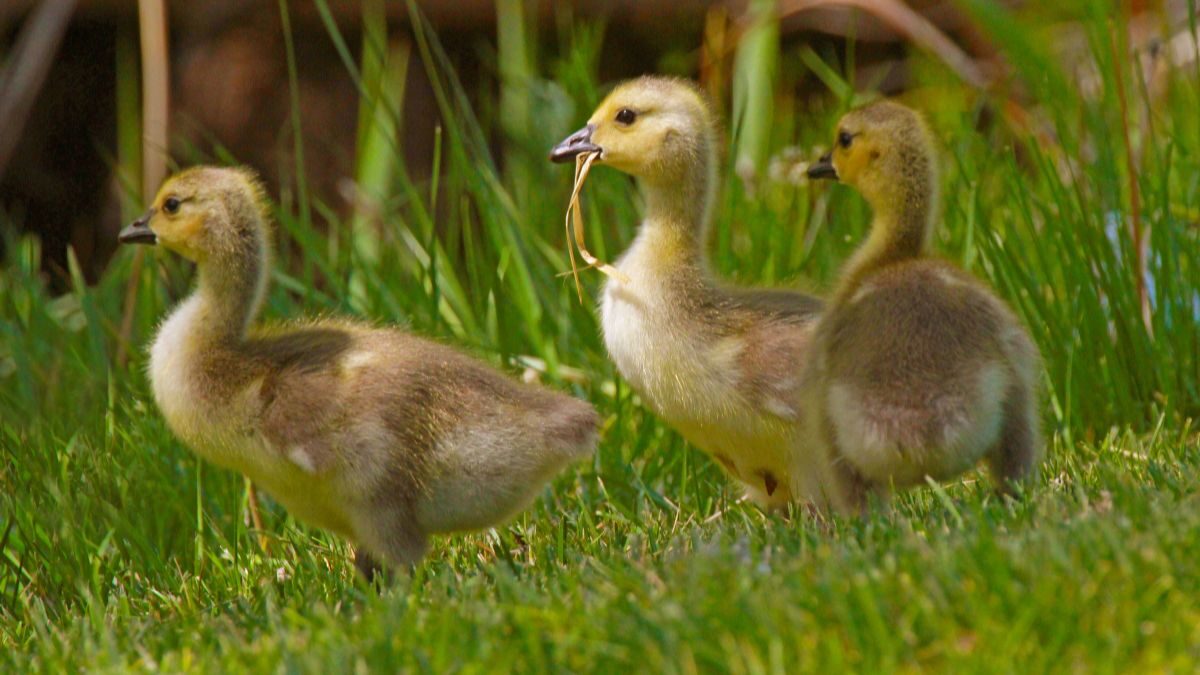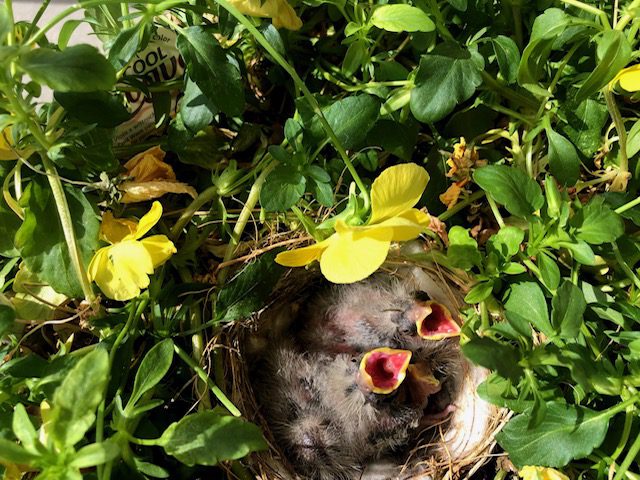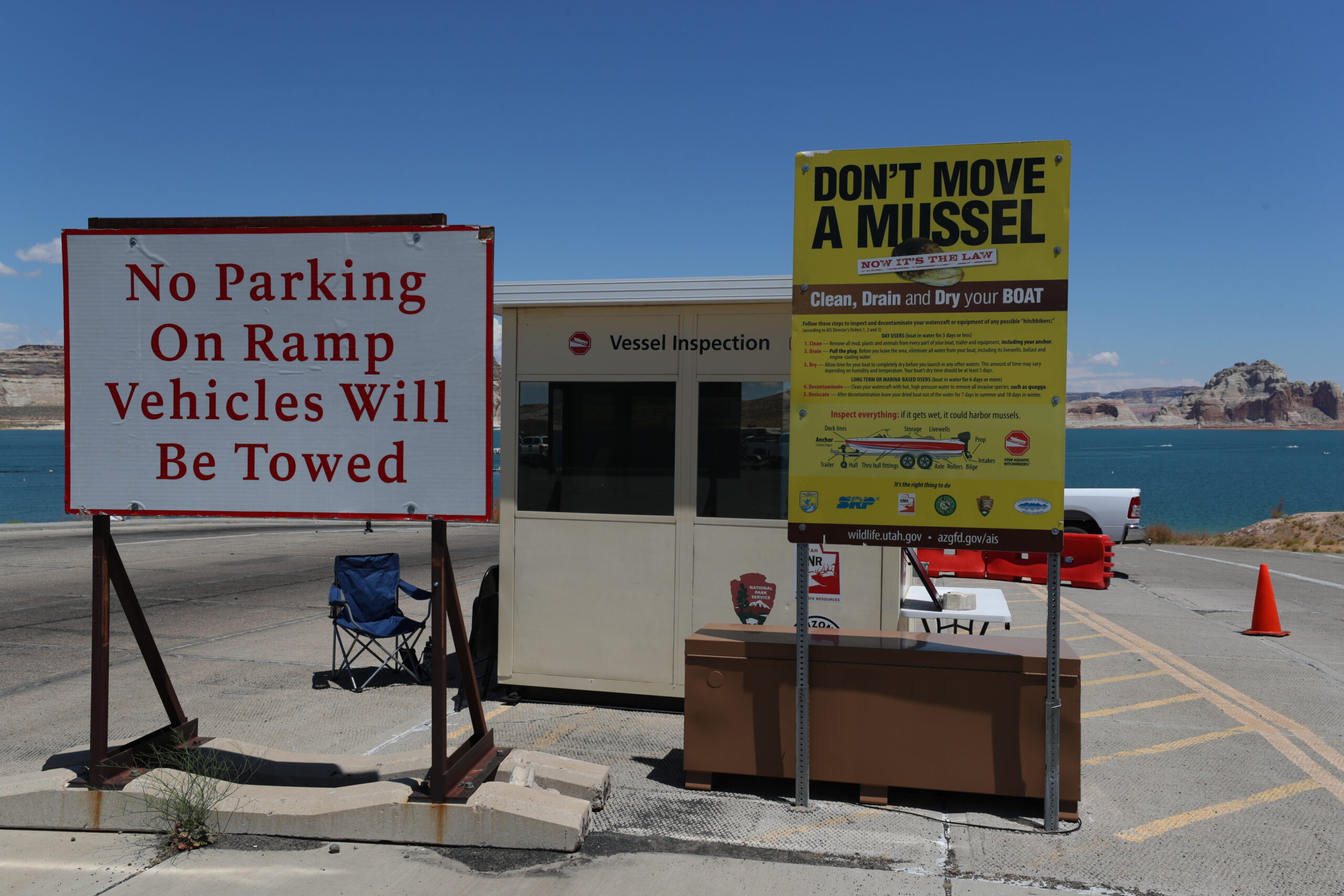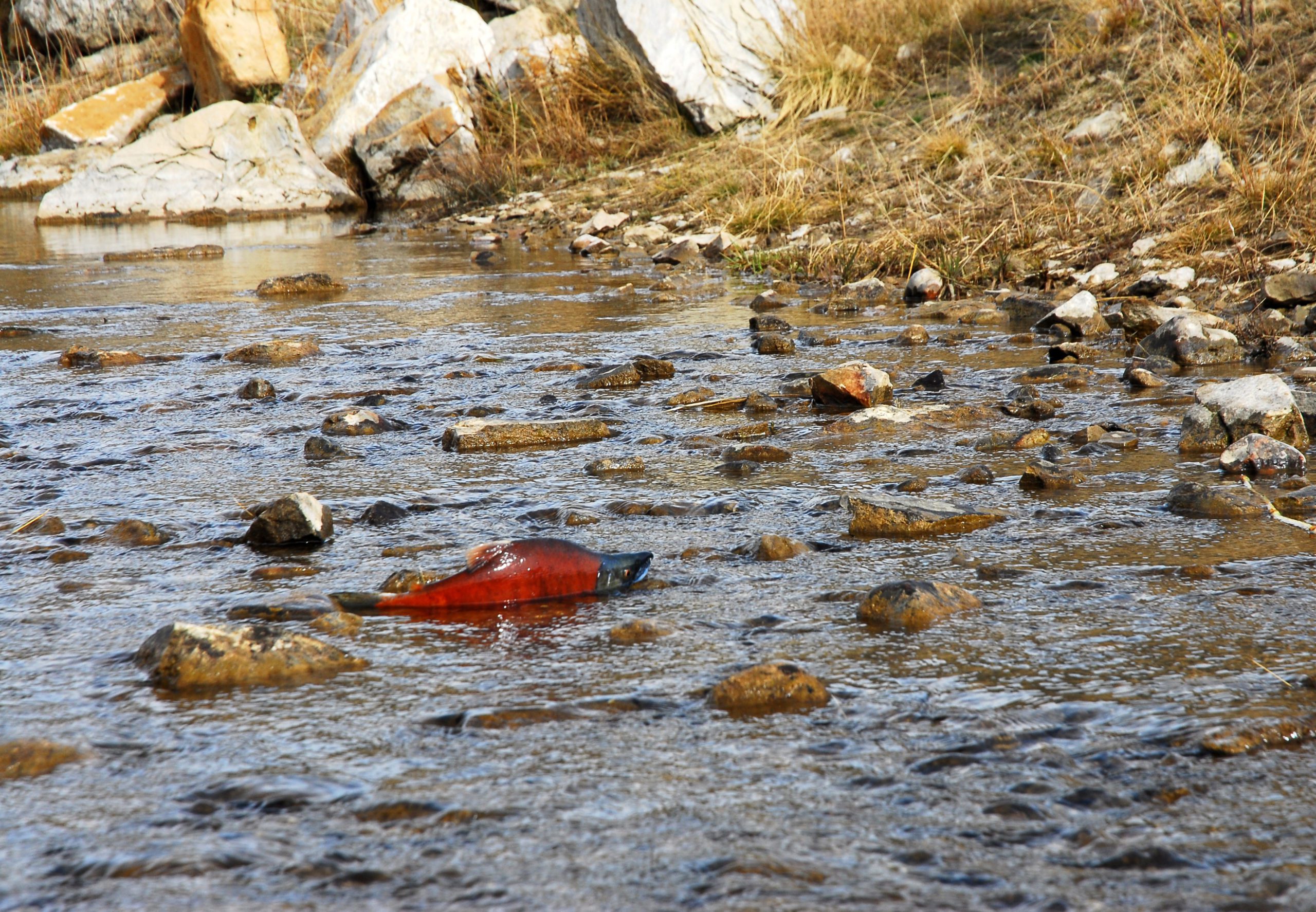Wildlife
Spot a baby bird on the ground? Here’s what to do

Three goslings. Photo: Courtesy of the Utah Division of Wildlife Resources
UTAH — It’s not unusual to find baby birds on the ground this time of year, as birds can fall out of the nest or be blown out by storms before they are able to fly.
The Utah Division of Wildlife Resources has shared several tips for what you should do if you stumble across a baby bird on the ground this spring.
Robins, which nest in trees, and swallows, which nest in eaves and on the sides of houses, are the types of baby birds most commonly found on the ground.
“Baby birds usually chirp and call from the nest, waiting for their parents to bring food to them — and sometimes they get excited or agitated, which results in them falling from their perch,” said Heather Talley, migratory game bird coordinator for the Utah Division of Wildlife Resources.
If you find a, small, unfeathered baby bird on the ground, put it back in its nest. If you cannot find the nest, put the bird on a branch out of the reach of dogs and cats. Most birds do not have a good sense of smell, and will not be able to tell if its baby has been handled by humans.
“The baby will squawk, and its parents will find it,” Talley said.

If a baby bird is hopping around or has feathers, leave it alone if it is not in immediate danger. You have found a fledgling, close to taking its first flight. At this point the bird’s parents are likely still watching it and feeding it, so do not attempt to give the bird food.
“While robins and some bird species can safely eat worms, others can’t,” Talley said. “So don’t try to feed baby birds or other wildlife that you encounter. You may think you are ‘helping’ them, but it usually does more harm than good.”
Do not move bird nests with eggs or babies in them, and do not attempt to take a bird home. Most birds and even nests are protected by state and federal laws.
If you encounter a baby duck that looks like it has been separated from its parents, do not attempt to move it. Baby ducks should be left alone unless they are in danger or trapped in a storm drain.


















